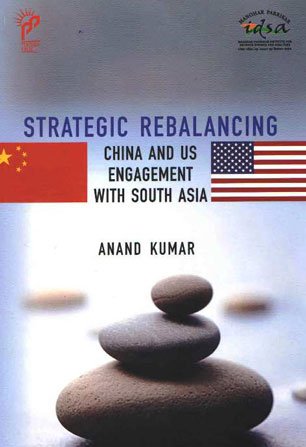Afghanistan’s Political Reconciliation Policy: Ill Conceived and Self-Defeating
The Afghan government’s peace and reconciliation overtures to the militants, initially at the unofficial level but later sanctioned officially, have formed a key theme of state security policy from the early days of the post-Taliban administration in Afghanistan. Yet far from producing peace and stability, they seem to have played into the hands of the violent groups intent on overthrowing the country’s internationally supported and legitimate political system in the past decade.
- Ahmad Shayeq Qassem
- July 2014
















